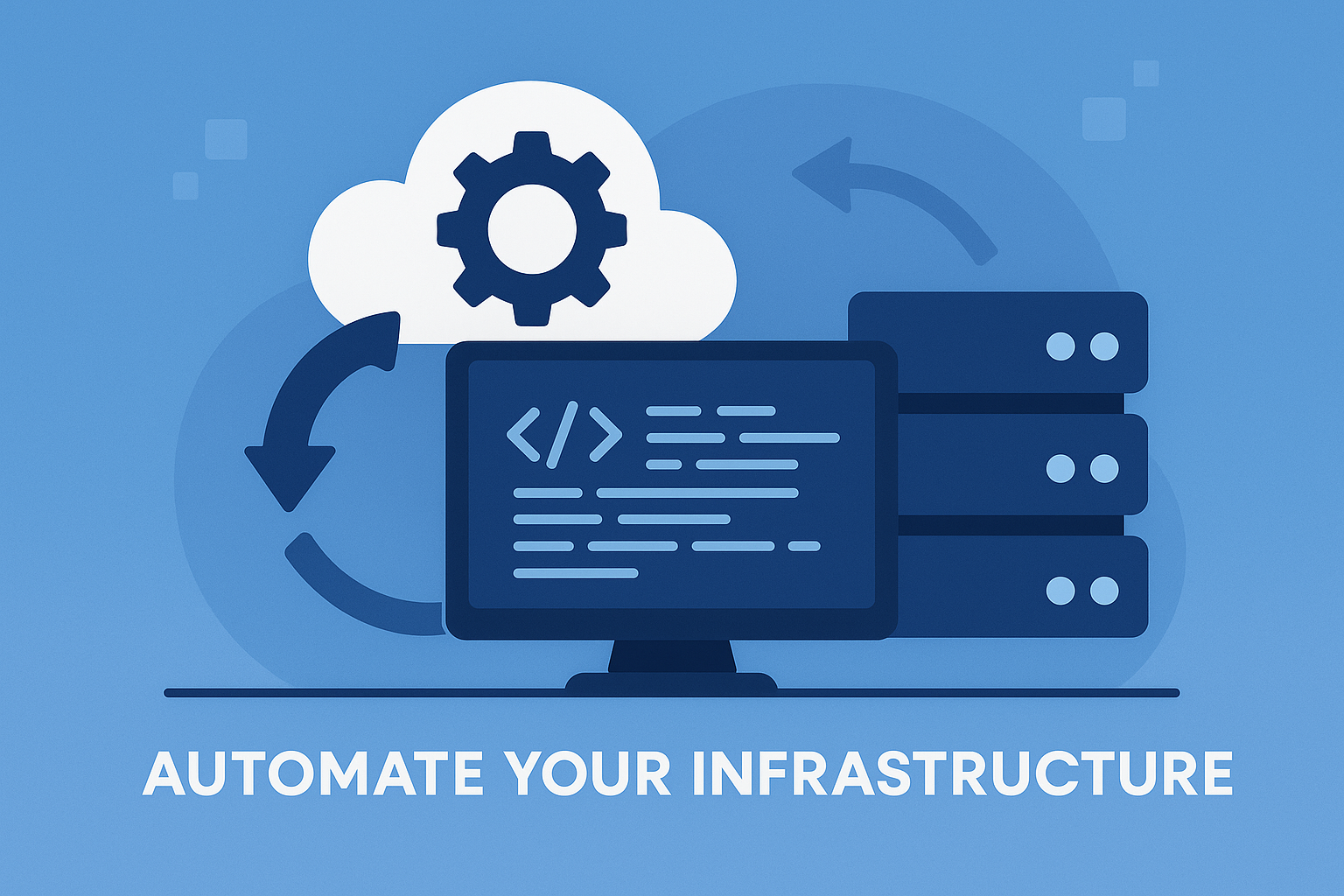What is Secrets Management?
Secrets Management is the process of securely storing, handling, and managing sensitive information such as passwords, API keys, certificates, and other private data. It involves the use of specialized tools and techniques to protect these secrets from unauthorized access, ensure their safe transmission, and control access to them in a systematic and efficient way. The goal of secrets management is to mitigate the risks associated with handling sensitive data and ensure it is only accessible by authorized users or systems.
How Does Secrets Management Work?
Secrets management typically involves the use of a centralized system or vault where secrets are stored securely. The secret management system ensures that only authorized users and services can retrieve the secrets they need, and that sensitive data is encrypted both at rest and in transit. Key components of secrets management include:
- Encryption: Secrets are stored in an encrypted format to ensure that they are protected from unauthorized access, both in transit and at rest.
- Access Control: Access to secrets is strictly controlled using policies, authentication, and authorization mechanisms such as Identity and Access Management (IAM) to ensure that only authorized users and services can retrieve them.
- Audit Logs: Keeping detailed logs of who accessed what secrets and when, helping with tracking, monitoring, and detecting any unauthorized access attempts.
- Rotation and Expiry: Secrets management systems often support automatic rotation of secrets (e.g., passwords or API keys) to reduce the risks of exposure, and they may enforce expiry dates to ensure secrets do not remain in use longer than necessary.
- Policy Enforcement: Policies can be applied to ensure that secrets are used securely, such as limiting access based on roles, enforcing strong encryption algorithms, or requiring multi-factor authentication (MFA).
Why Use Secrets Management?
Proper secrets management is critical for protecting sensitive data, maintaining regulatory compliance, and ensuring the overall security of applications and systems. Storing secrets in an insecure manner, such as hardcoding them into application code or leaving them in plain text files, exposes them to significant security risks, including data breaches, unauthorized access, and identity theft. A robust secrets management system helps mitigate these risks by providing secure storage, controlled access, and effective auditability.
Key Features of Secrets Management
- Centralized Storage: Secrets management tools provide a central, secure location for storing and managing sensitive information, simplifying administration and reducing the risk of exposure.
- Automated Secrets Rotation: Many secrets management systems support the automatic rotation of secrets to reduce the window of vulnerability when secrets are compromised.
- Granular Access Control: Secrets management systems enforce fine-grained access controls, allowing organizations to specify exactly who and what can access certain secrets based on their roles or attributes.
- Compliance and Auditing: Built-in auditing features help organizations track and monitor access to secrets, ensuring compliance with security policies and regulatory requirements.
- Integration with CI/CD: Secrets management systems can be integrated with continuous integration and continuous delivery (CI/CD) pipelines to securely provide secrets to applications during build, test, and deployment stages.
Benefits of Secrets Management
- Improved Security: Centralized storage, encryption, and strict access control ensure that sensitive data is protected from unauthorized access, reducing the risk of security breaches.
- Reduced Risk of Human Error: By automating the management of secrets and enforcing policies, secrets management reduces the likelihood of accidental exposure or mismanagement of sensitive data.
- Compliance and Auditing: Secrets management systems help organizations meet compliance requirements by maintaining detailed logs of who accessed secrets and ensuring that proper controls are in place.
- Operational Efficiency: Automated rotation, centralized management, and seamless integration into development and deployment pipelines simplify the management of secrets and reduce administrative overhead.
Use Cases for Secrets Management
- Cloud Infrastructure: Secrets management is essential for managing sensitive data such as cloud credentials, API keys, and database passwords in cloud environments.
- Microservices: In microservices architectures, each service may need access to different secrets (e.g., database credentials, API keys), which can be securely managed and dynamically provided by a secrets management system.
- Continuous Integration/Continuous Deployment (CI/CD): Secrets management tools can be integrated with CI/CD pipelines to provide sensitive data, such as API keys or deployment credentials, to applications during deployment and testing without exposing them to developers.
- DevOps and Automation: In DevOps environments, managing secrets securely is crucial for ensuring automated systems (such as provisioning, scaling, and configuration management tools) can access necessary credentials without compromising security.
Summary
Secrets Management is an essential practice for securely storing, handling, and managing sensitive information such as passwords, API keys, and certificates. By centralizing secrets, enforcing access control, automating secret rotation, and ensuring compliance, secrets management enhances security, reduces risk, and improves operational efficiency in modern IT environments.



